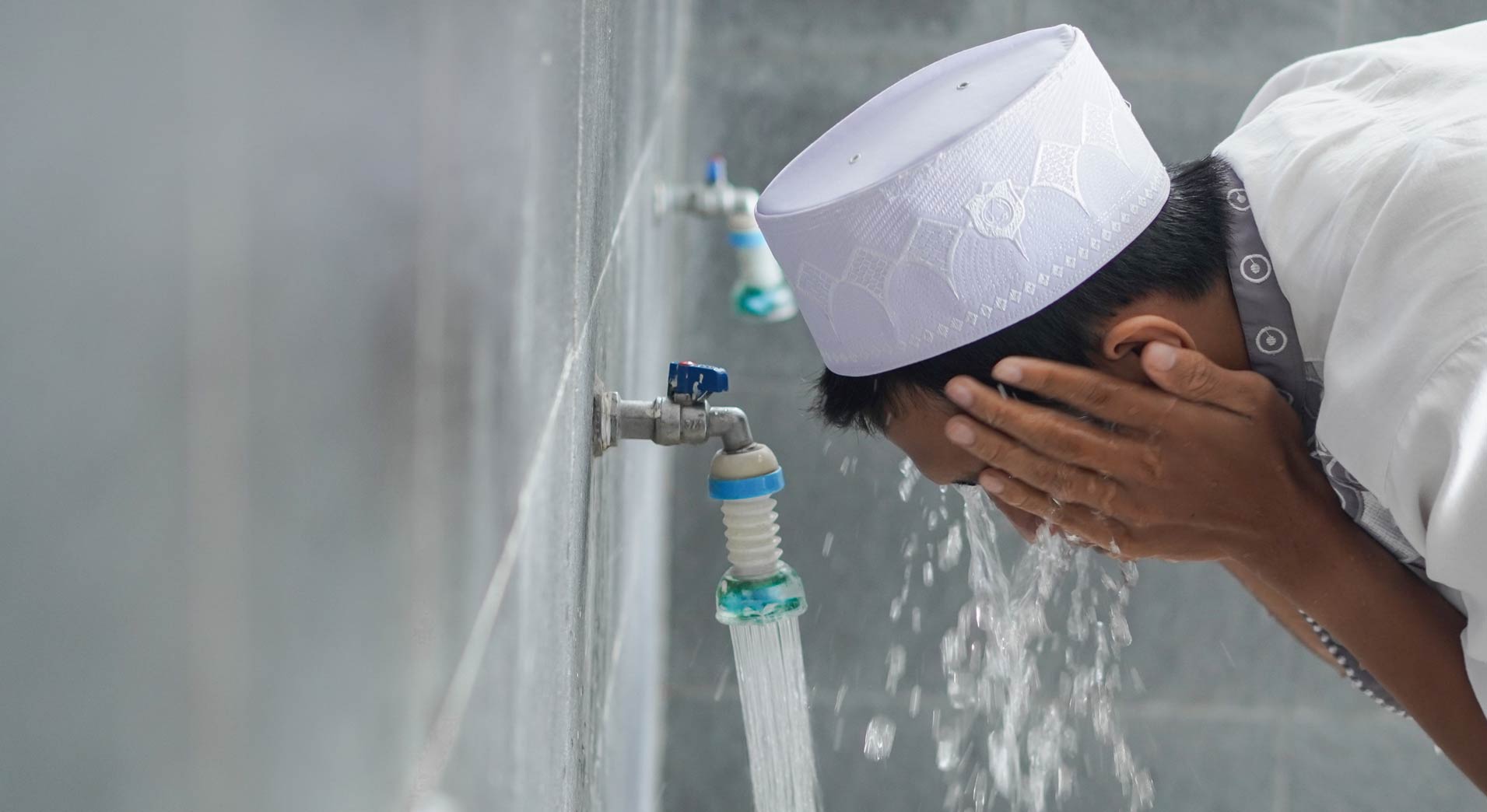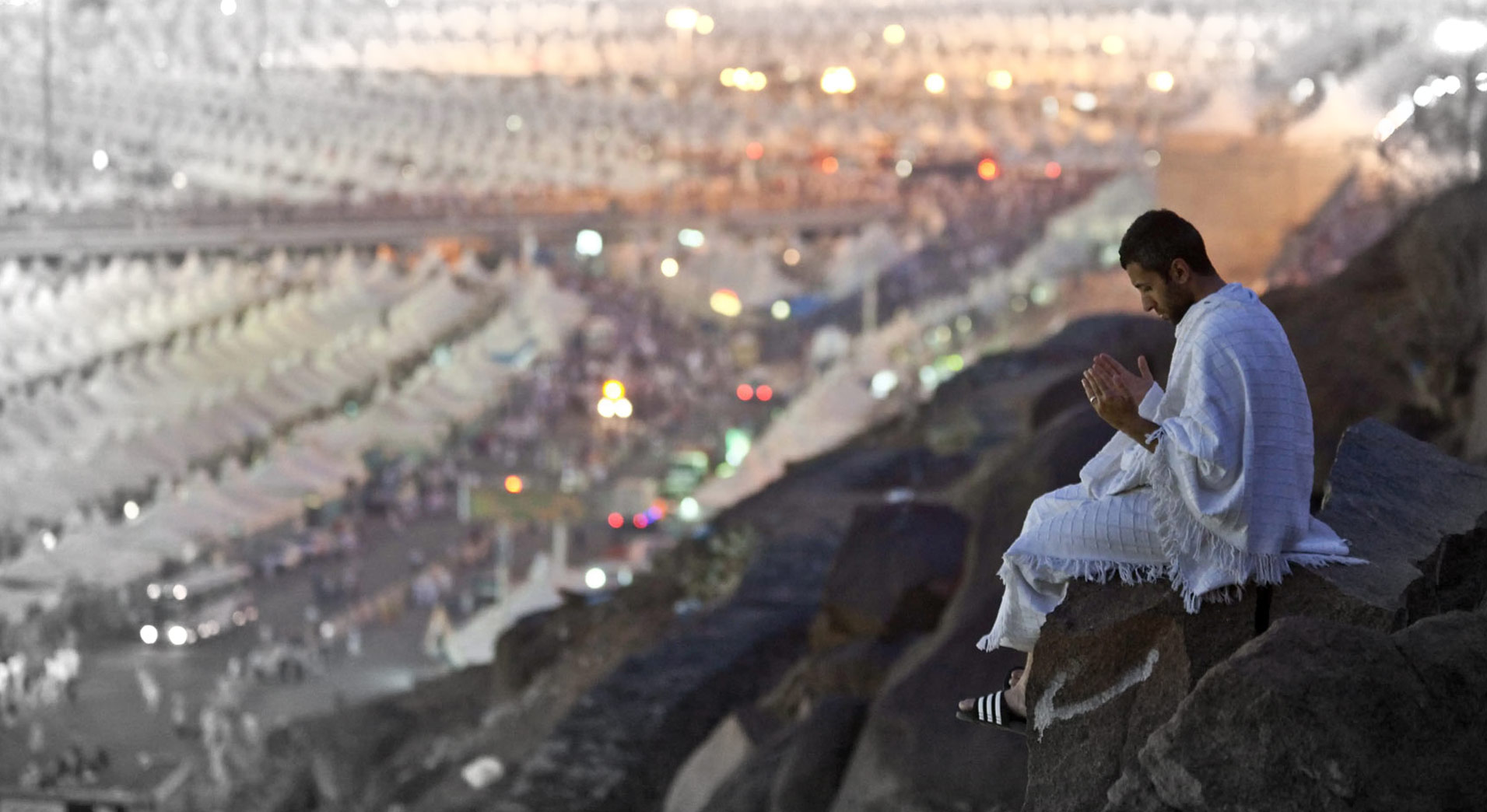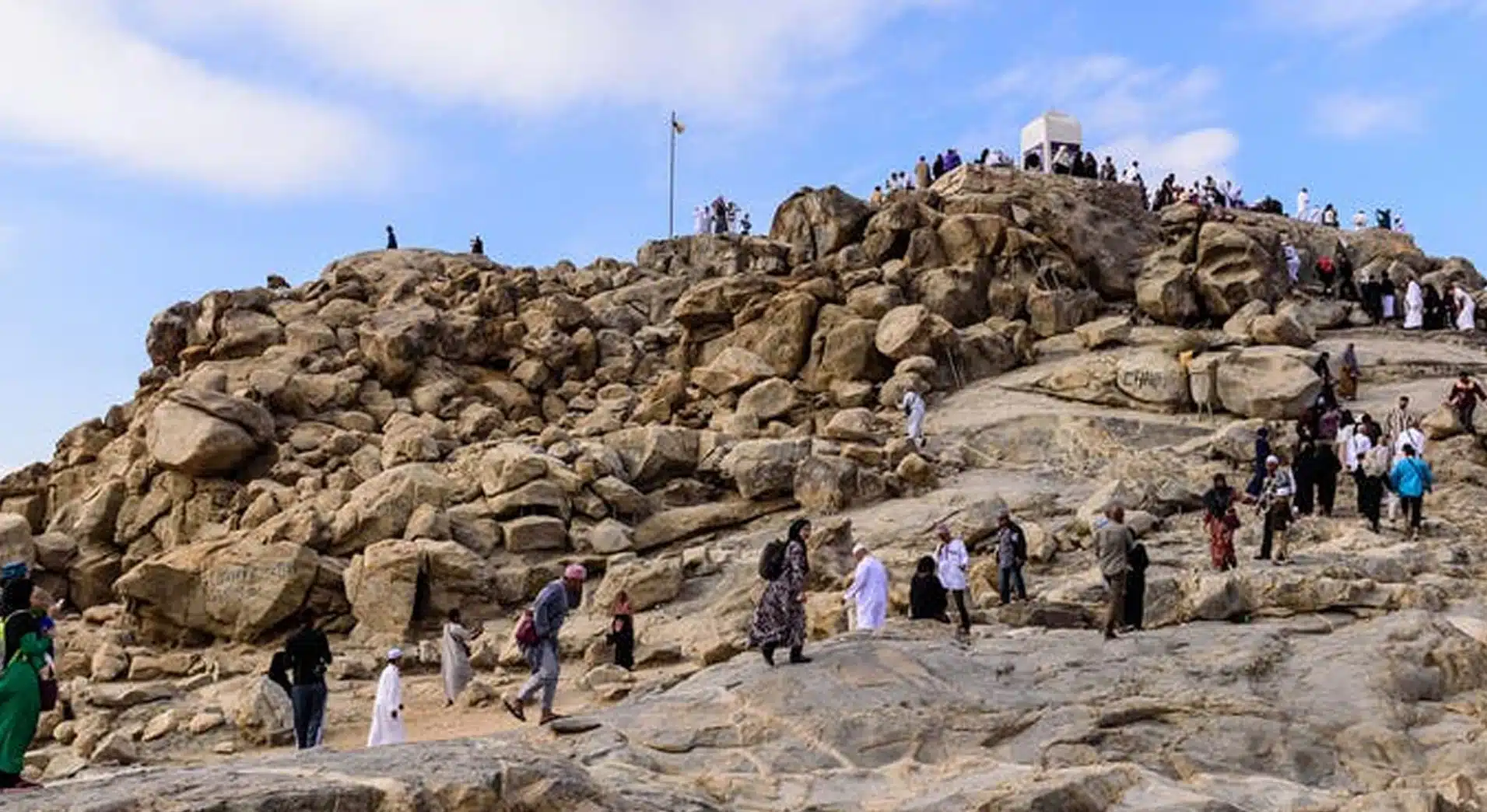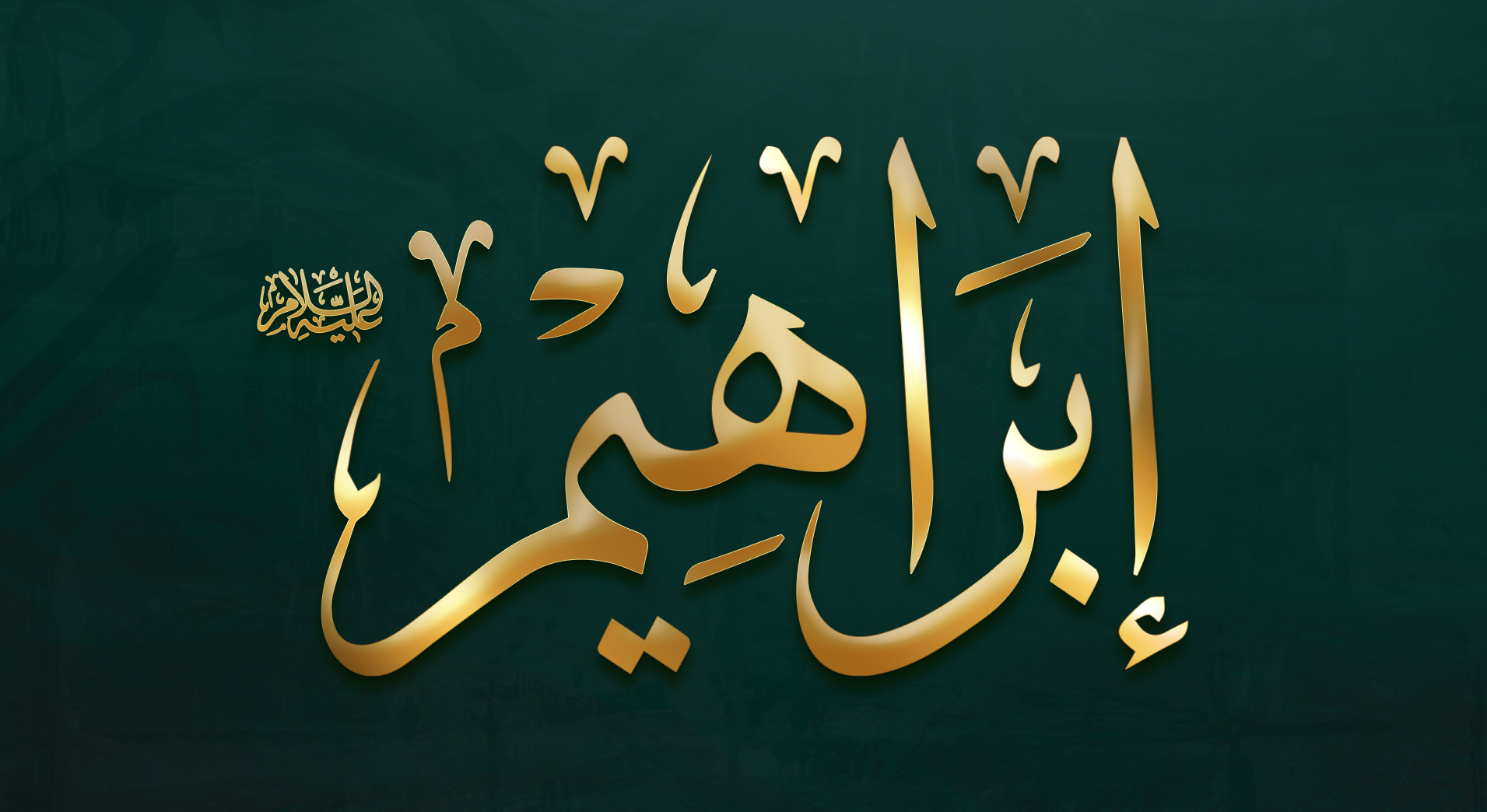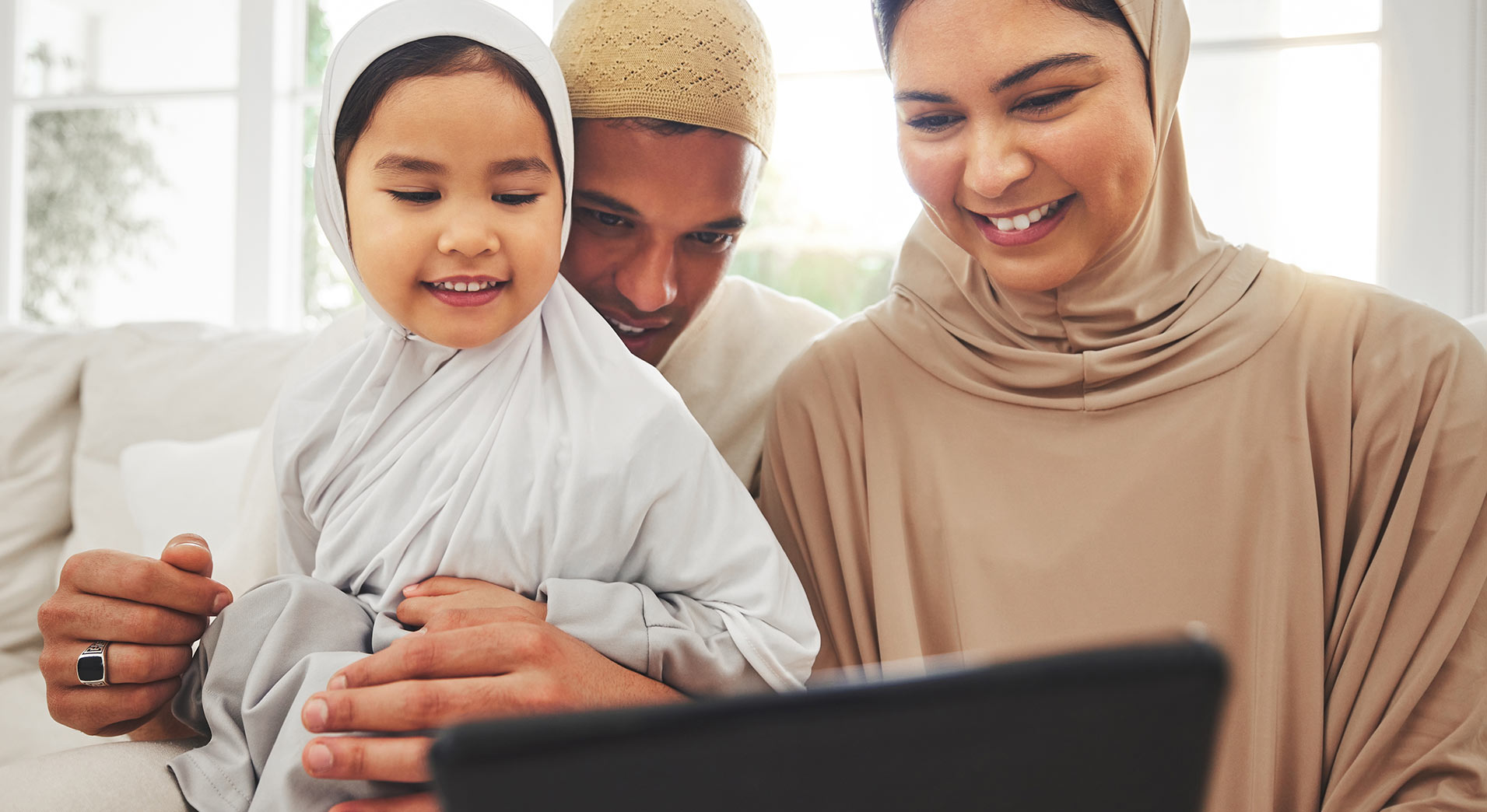Islam places a high value on cleanliness and purity. Taharrah, which means cleanliness, is a fundamental practice in Islam. It involves not only external bodily cleanliness but also serves as a means of internal purification.
The Prophet Muhammad (peace be upon him) said:
‘Allah is Pure and loves purity, He is Clean and loves cleanliness, He is Generous and loves generosity, He is Hospitable and loves hospitality.’
Reference: Sahih Muslim, Book 2, Hadith 432
WHAT IS TAHARRAH?
Taharah is an Arabic word that means cleanliness in English. It is the act of cleaning oneself from impurities physically and spiritually. It purifies the person from all sorts of impurities. Tahrah is mandatory for certain Islamic practices like Salah, and holding the Quran. Islam teaches us to be clean and pure throughout the day. Tahrah protects us from various diseases internally and externally.There are two ways of attaining Taharah
- Wudu (Ablution): It is a minor form of ritual purification. Wudu involves washing specific parts of the body, such as hands, mouth, nose, face, arms, head, and feet.
- Ghusl (Full Body Purification): It is a major form of ritual purification that involves washing the entire body. Ghusl is required after certain events like marital relations, menstrual periods, or childbirth.
DIFFERENT TYPES OF NAJASAT (IMPURITIES)
Najasat are the impurities that necessitate Taharah for Muslims. There are different types of Najasat or impurities according to Islamic law:- Urine
- Feces
- Blood
- Semen
- Menstrual blood
- Post-natal bleeding
- Vomitus
- Pus
- Carrion (dead animals not slaughtered according to Islamic rites)
- Dog saliva
- Pig and its derivatives
- Intoxicant drinks
TYPES OF HADATH
There are two types of Tahara of Hadath- Minor Hadath (being without wudu)
- Major Hadath (being Junub, end of menstruation, and end of Nifas)
DIFFERENT TYPES OF WATER FOR TAHARAH
The water that can be used for Taharah is divided into two categories- Mutlaq (Pure Water)
- Mudhaf (Mixed Water)
Mutlaq
It is the purest form of water means that the taste, smell, and color of the water are pure and free from any dirt. This water can be rainwater, spring, well water, sea, or snow water.Mudhaf
This is also pure water but has something mixed in it. For example Rose water, fruit juice, or another pure element like these. However this form of water can be used for cleaning Najasat only for Hadath this form of water is not permissible.HOW TO TEACH TAHARAH TO KIDS
Teaching Taharah to kids can be simple and fun. Here are some easy steps for parents:- Start with Stories:
- Share stories about cleanliness from the life of Prophet Muhammad (peace be upon him).
- Use these stories to show why being clean is important.
- Use Visual Aids:
- Show pictures or videos of kids doing Wudu.
- Use books with colorful illustrations about cleanliness in Islam.
- Make it Interactive:
- Practice Wudu together. Show them each step.
- Let them try it themselves with your guidance.
- Use Simple Language:
- Explain that Wudu is washing hands, face, arms, head, and feet.
- Tell them Ghusl means taking a full bath.
- Create a Routine:
- Make Wudu a regular part of their day, like before prayers.
- Encourage washing hands before eating and after using the toilet.
- Praise and Encourage:
- Praise their efforts when they perform Wudu correctly.
- Give small rewards for remembering to stay clean.
- Lead by Example:
- Let them see you performing Wudu and Ghusl.
- Explain why you are doing it.
- Make it Fun:
- Use rhymes to remember the steps of Wudu.
- Turn cleaning activities into games.
- Be Patient:
- Understand that learning takes time.
- Correct gently if they make mistakes.
- Teach the Basics:
- Show them how to wash their hands properly.
- Teach them to brush their teeth every day.
- Explain the Importance:
- Tell them being clean makes Allah happy.
- Explain that cleanliness keeps us healthy.
 0203-002-6366
0203-002-6366
 1-212-381-1055
1-212-381-1055 61-3-8820-5043
61-3-8820-5043  021-111-279-111
021-111-279-111